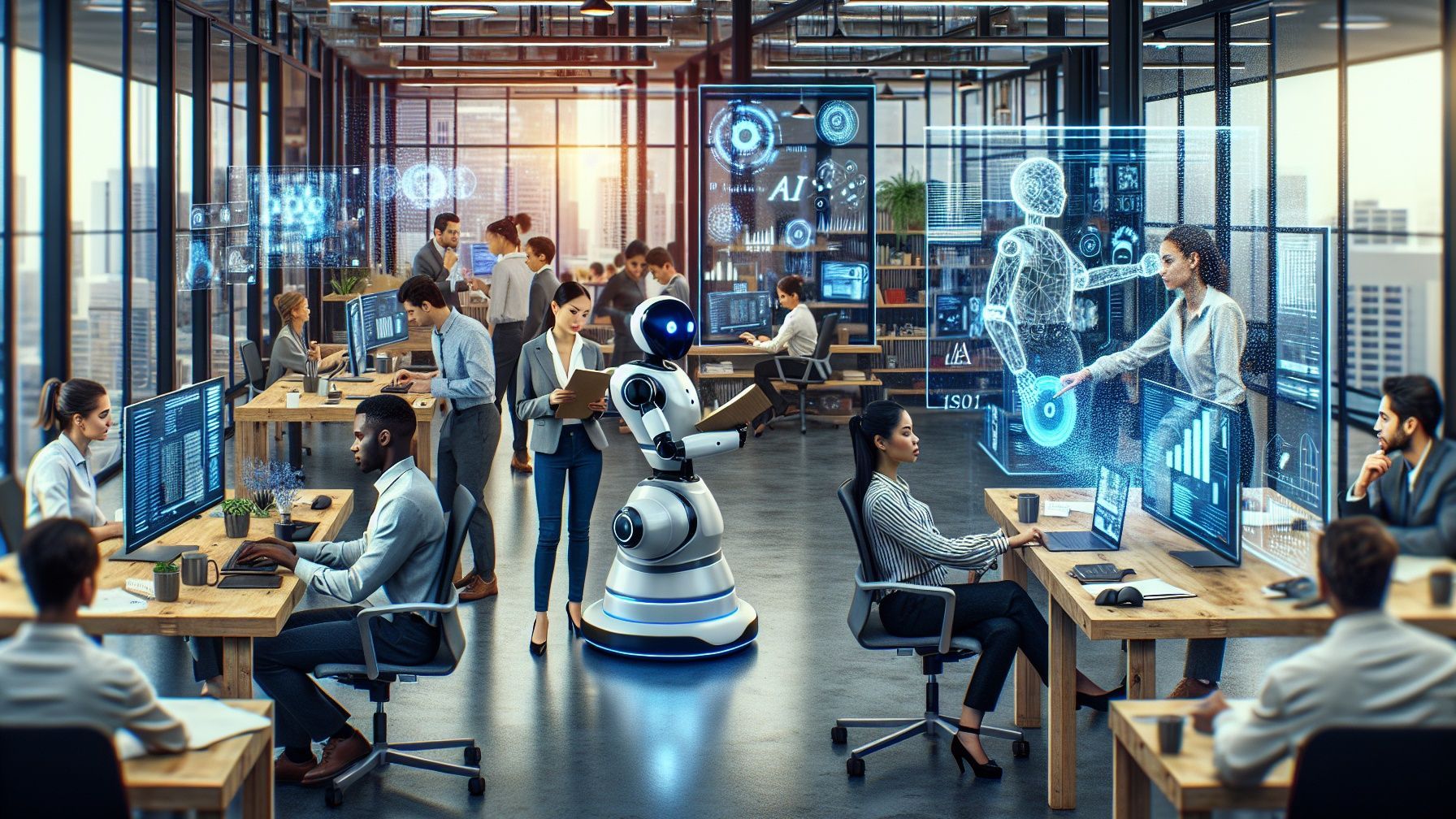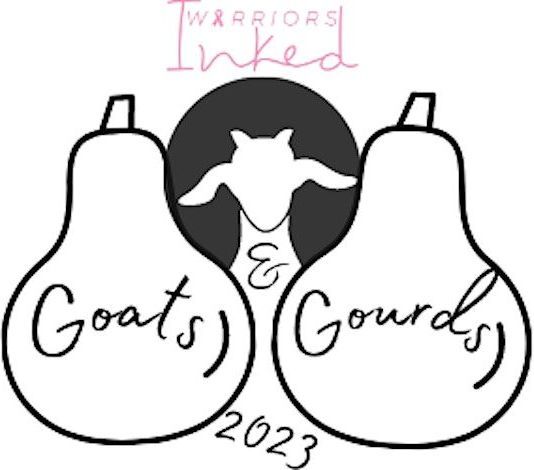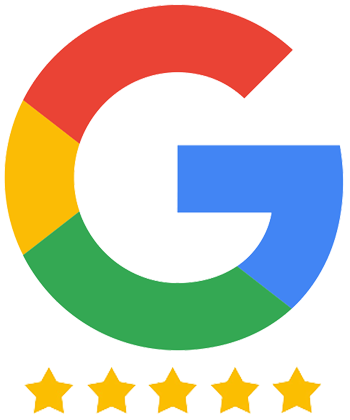Should Advertising agencies be Embracing AI?

Should Advertising agencies be embracing AI?
The short answer is yes.
However understanding the limitations and the continued need for creative minds is key. AI offers transformative capabilities that can enhance efficiency, creativity, and effectiveness in campaigns. Understanding the best way to utilize AI without relying too heavily is the key to enhancing your services without becoming a robot.
AI adoption offers:
1. Data-Driven Insights
AI analyzes vast amounts of consumer data to identify trends, preferences, and behaviors. This enables agencies to create highly targeted campaigns that resonate with specific audiences.
2. Personalization at Scale
AI enables hyper-personalized advertising by delivering tailored messages to individuals based on their unique characteristics, behaviors, and preferences, increasing engagement and conversion rates.
3. Cost Efficiency
Automating repetitive tasks, such as keyword research, ad placement, and performance tracking, reduces operational costs and allows agencies to allocate resources toward strategic and creative tasks.
4. Real-Time Optimization
AI can monitor campaign performance in real-time and make instant adjustments to improve outcomes, such as reallocating budgets, optimizing creatives, or adjusting targeting parameters.
5. Creative Enhancements
Generative AI tools assist in developing ad copy, visuals, and videos, providing creative teams with inspiration and speeding up the production process while maintaining quality.
6. Predictive Analytics
AI predicts future trends and customer behaviors, allowing agencies to proactively design campaigns that align with emerging opportunities and market shifts.
7. Enhanced Customer Experience
Chatbots and AI-driven customer service tools improve interaction quality and speed, providing a seamless and engaging experience for users.
8. Competitiveness
As more agencies adopt AI, those that don't risk falling behind. AI ensures that agencies remain competitive in delivering innovative and effective solutions to clients.
9. Global Reach and Localization
AI supports multilingual and multicultural campaigns by automatically translating and adapting content to different cultural contexts, expanding the reach of campaigns.
10. Sustainability
By optimizing resources and reducing waste in digital advertising, AI contributes to more sustainable marketing practices.
Incorporating AI helps advertising agencies stay ahead in a rapidly evolving industry, fostering innovation, improving ROI for clients, and creating more meaningful connections with audiences.
While AI offers significant advantages for advertising agencies, it also comes with limitations and challenges that need to be addressed to ensure effective use. Here are the key limitations of relying on AI in advertising:
1. Lack of Human Creativity
AI excels at pattern recognition and optimization but struggles to replicate human creativity, emotional intelligence, and originality. Ads that require deep storytelling or cultural nuance may fall short if solely reliant on AI.
2. Dependence on Data Quality
AI performance depends on the quality and quantity of the data it processes. Poor, biased, or incomplete data can lead to inaccurate predictions, ineffective targeting, or even discriminatory ad campaigns.
3. Over-Personalization Risks
Excessive reliance on AI for personalization can lead to "creepy" user experiences, where consumers feel uncomfortable or intruded upon due to overly precise targeting.
4. Ethical and Privacy Concerns
AI-driven advertising often involves extensive data collection and tracking, raising concerns about consumer privacy and compliance with regulations like GDPR and CCPA. Agencies must navigate these complexities carefully.
5. High Initial Investment
Implementing AI tools and technologies can be expensive. Small or mid-sized agencies might struggle with the upfront costs and ongoing expenses for maintaining AI systems.
6. Algorithmic Bias
AI systems can unintentionally perpetuate or amplify biases present in training data, leading to unfair targeting or exclusion of certain groups.
7. Complexity and Expertise Requirements
AI systems require specialized knowledge for setup, interpretation, and optimization. Agencies may need to invest in hiring or training experts, which can be a barrier for smaller organizations.
8. Limited Understanding of Context
AI lacks true contextual understanding and may misinterpret cultural, social, or situational nuances, leading to tone-deaf or inappropriate content.
9. Over-Reliance on Automation
Excessive reliance on AI-driven automation might reduce human oversight, increasing the risk of errors or missed opportunities that require a human touch.
10. Job Displacement Concerns
Adopting AI could lead to fears of job displacement among creative and analytical teams, potentially creating resistance to its integration within the agency.
11. Lack of Emotional Connection
AI-generated ads may lack the emotional depth or authenticity that comes from human creators, potentially reducing their impact on audiences.
12. Difficulty in Measuring ROI
Although AI can optimize campaigns, demonstrating a clear return on investment (ROI) directly attributable to AI-driven strategies can sometimes be challenging, especially in complex campaigns with many variables.
13. Risk of Homogenization
AI often relies on past successes to inform its decisions, which can lead to repetitive or formulaic content that lacks innovation or differentiation.
14. Security and Dependence Risks
Agencies relying heavily on AI systems could face cybersecurity risks, such as data breaches, and might become overly dependent on specific AI platforms or vendors.
Addressing These Limitations
To overcome these challenges, agencies should adopt a balanced approach, combining AI’s strengths with human expertise. Regular monitoring, ethical guidelines, diverse teams, and transparency in AI use are essential for minimizing risks and maximizing the benefits of AI-driven advertising.













